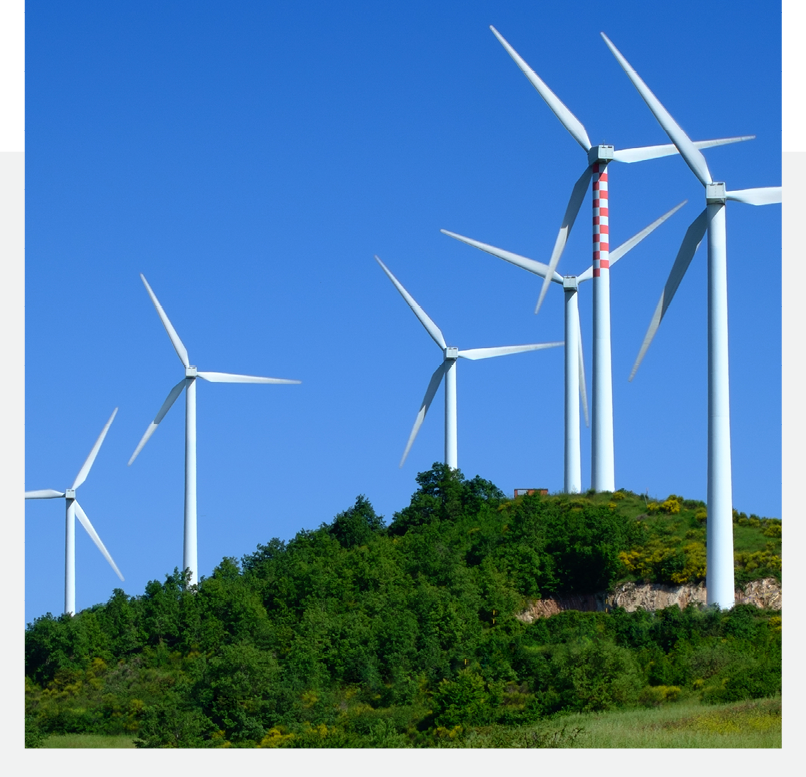
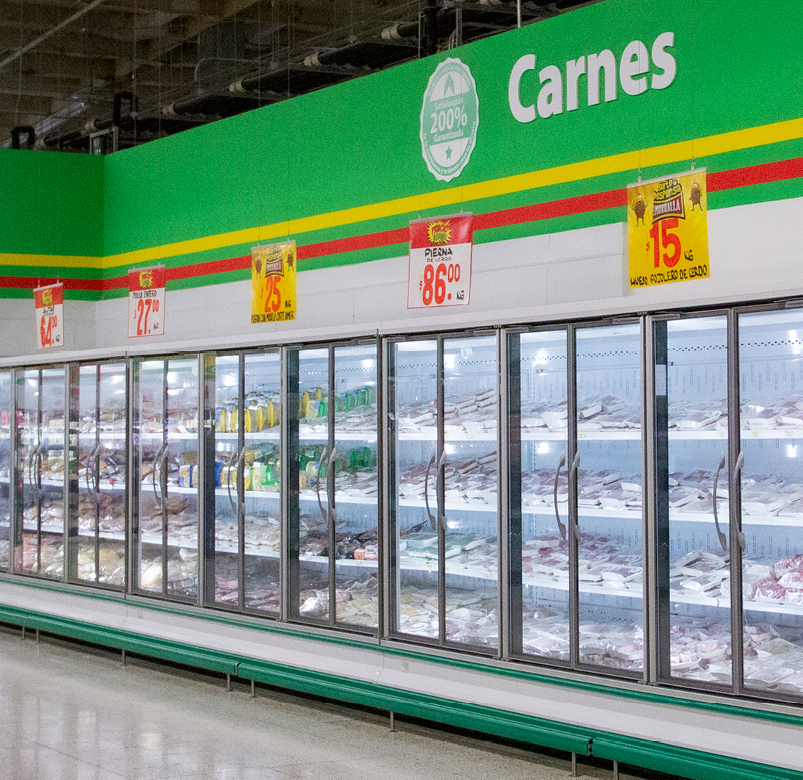
Total emissions
thousands of tons CO2eq
- Products or services purchased
- Capital goods
- Transportation, and distribution between our CEDIS and stores
- Waste generated in our operation
- Business travel
- Associate travel in company-owned cars
- Transportation used for home delivery.

In addition to supplying renewable energy to six wind farms and two hydroelectric plants, in 2019 we began a program to install photovoltaic panels on the roofs of our stores. In 2019 we installed solar panels in 14 stores.
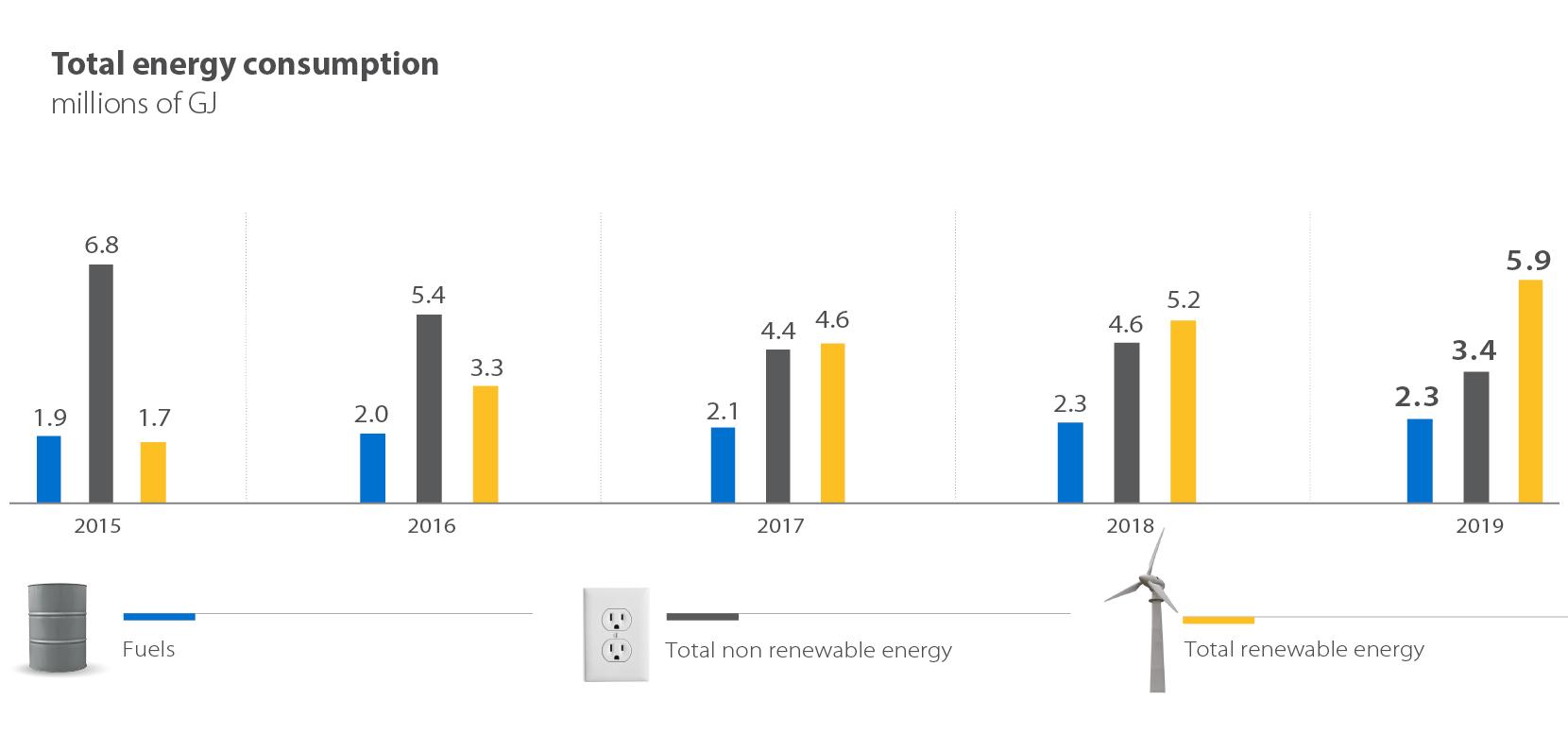
In 2019, we increased our electricity consumption from renewable sources by 2.68%. Of the total energy consumption in our operations, 63% comes from renewable sources and 88% of our stores are regularly supplied with renewable energy from six wind farms and two hydroelectric plants.
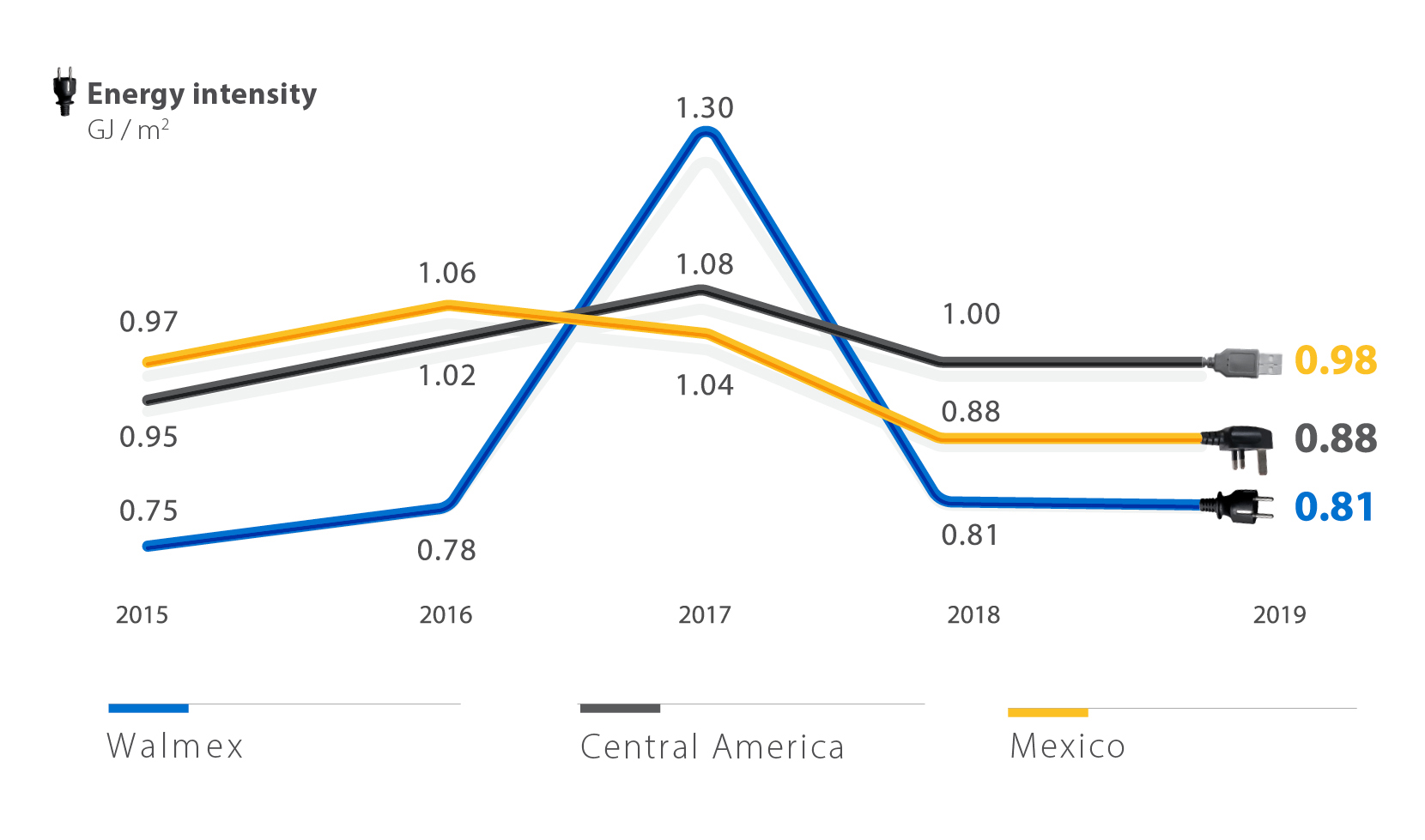
Project Gigaton
We launched Project Gigaton in Mexico. The project is a global initiative by Walmart Inc. to work with its suppliers on preventing the generation of one billion tons of CO2 emissions in their global value chains by 2030.
By joining to Project Gigaton, our suppliers set goals and define initiatives to prevent emissions in any of these six areas:
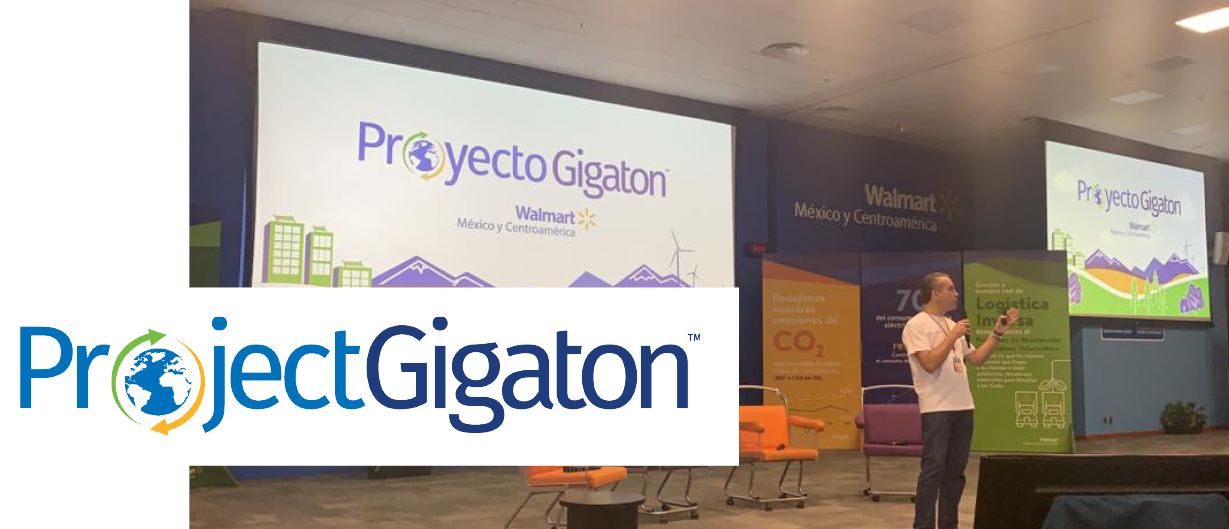

circular economy
Our ambition is to help generate a circular economy and separate our business growth from waste generation.
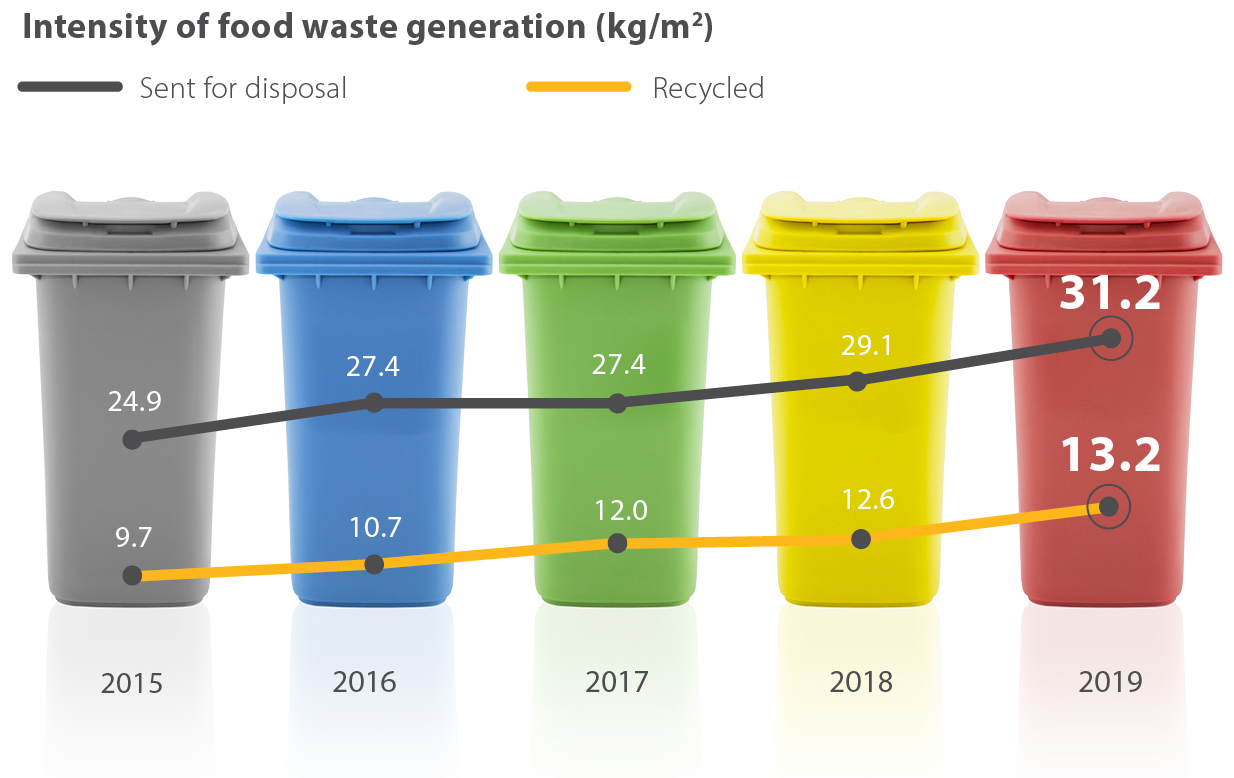
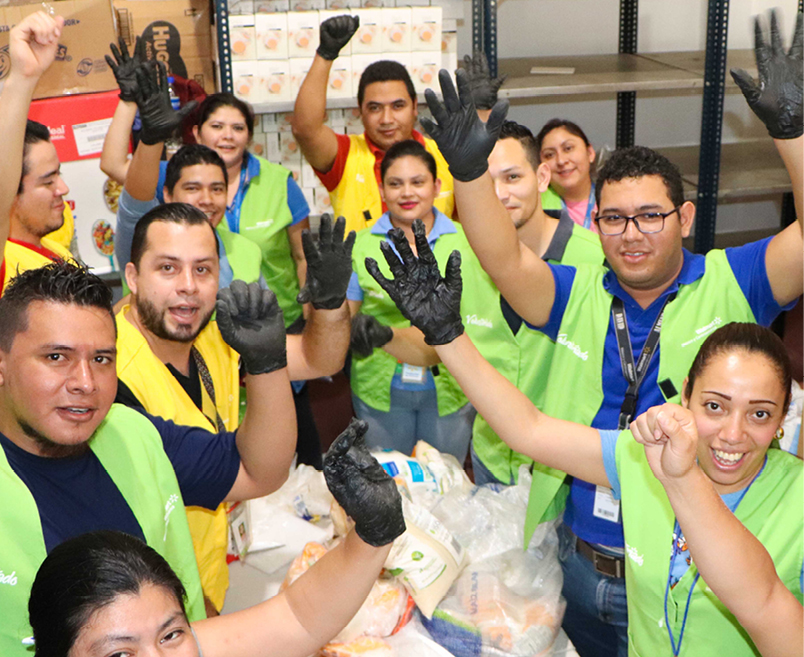


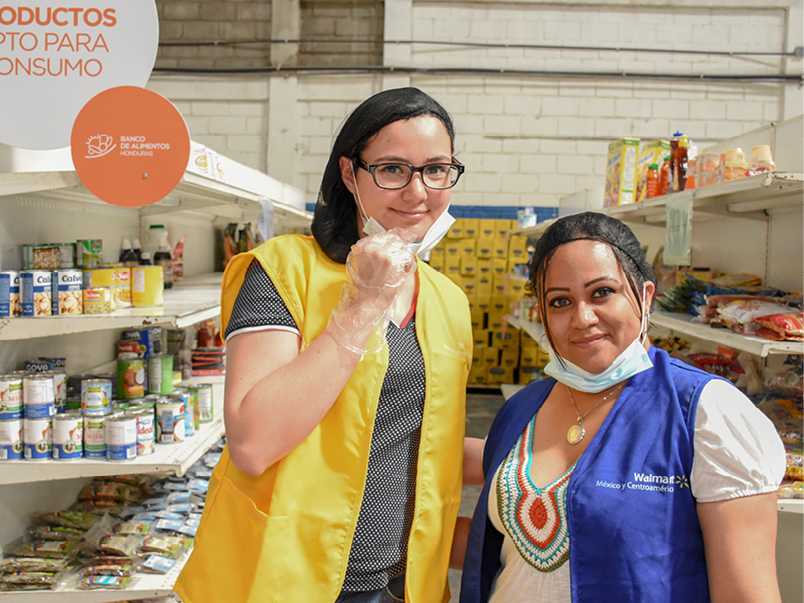



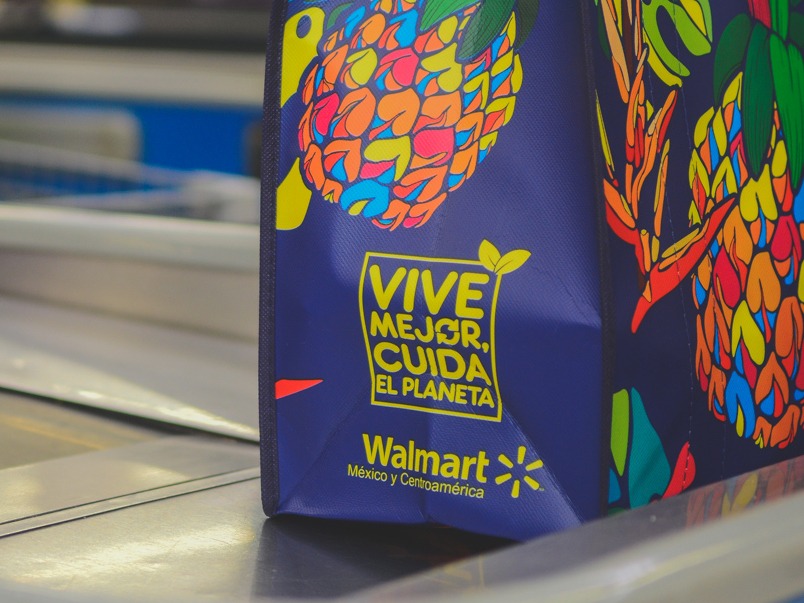

Plastics
- 100% recyclable, reusable, or compostable packaging.
- 20% post-consumer recycled material in packaging.
- Eliminate non-recyclable packaging material.
- Reduce plastic packaging and containers where possible.
Reusable bag
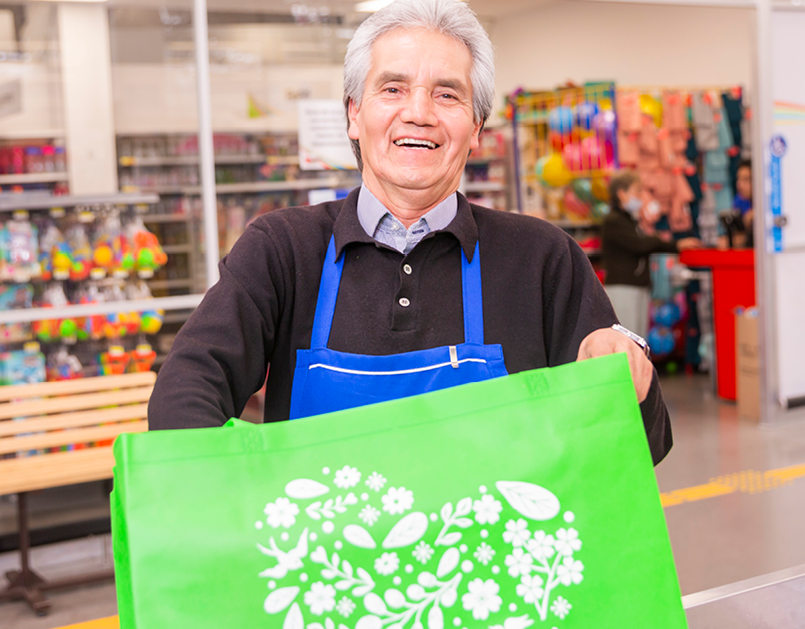
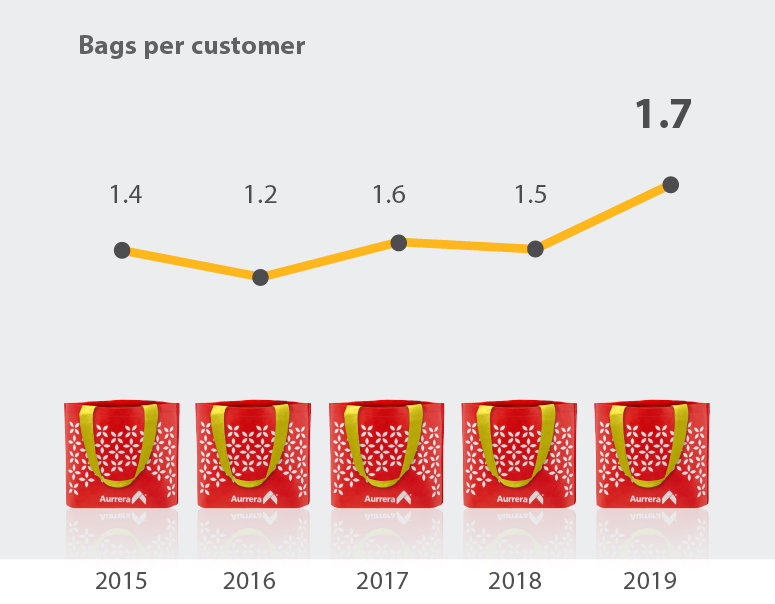





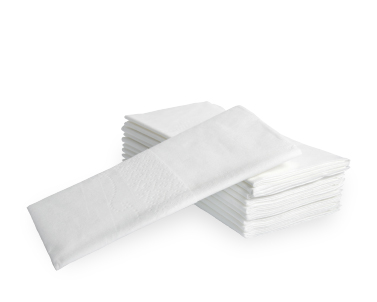

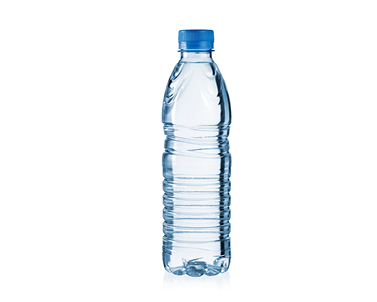

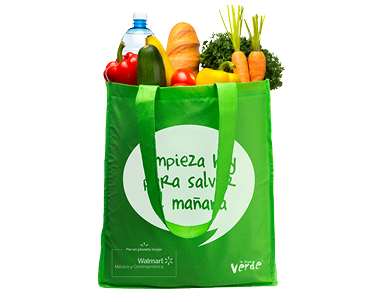

Customers’ programs
The initiative is an alliance with suppliers, allies, and recycling companies such as:
Grupo AlEn, Colgate Palmolive, Grupo Bimbo, Grupo Lala, Grupo Modelo, Nestlé, L’Oreal, Mustela, Unilever, Ecolana, Dow, Tetra Pak, BioBox, Biopappel, among others.
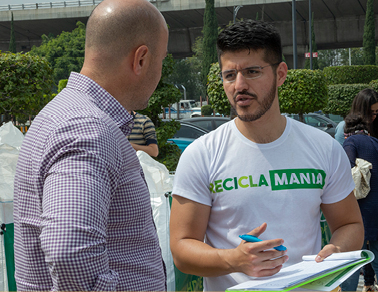

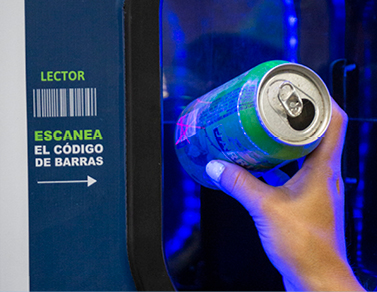

Cans
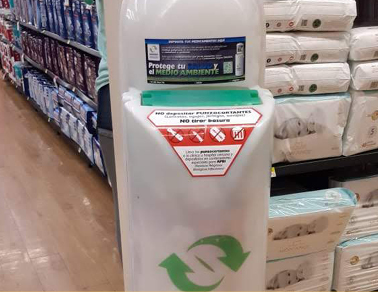

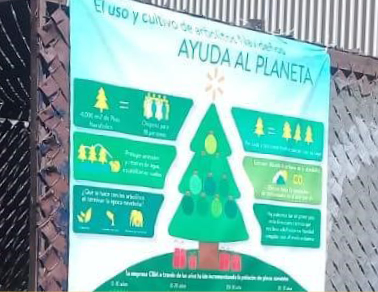

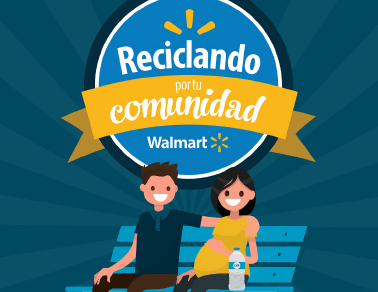

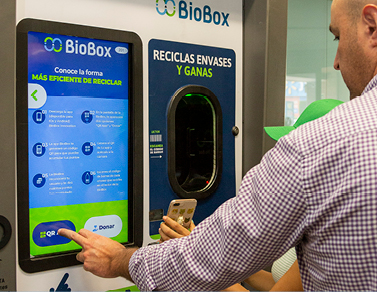

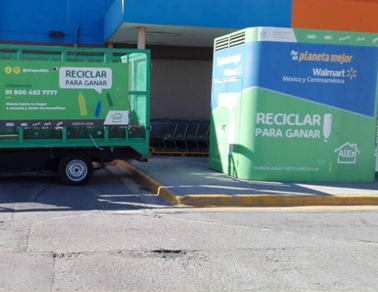






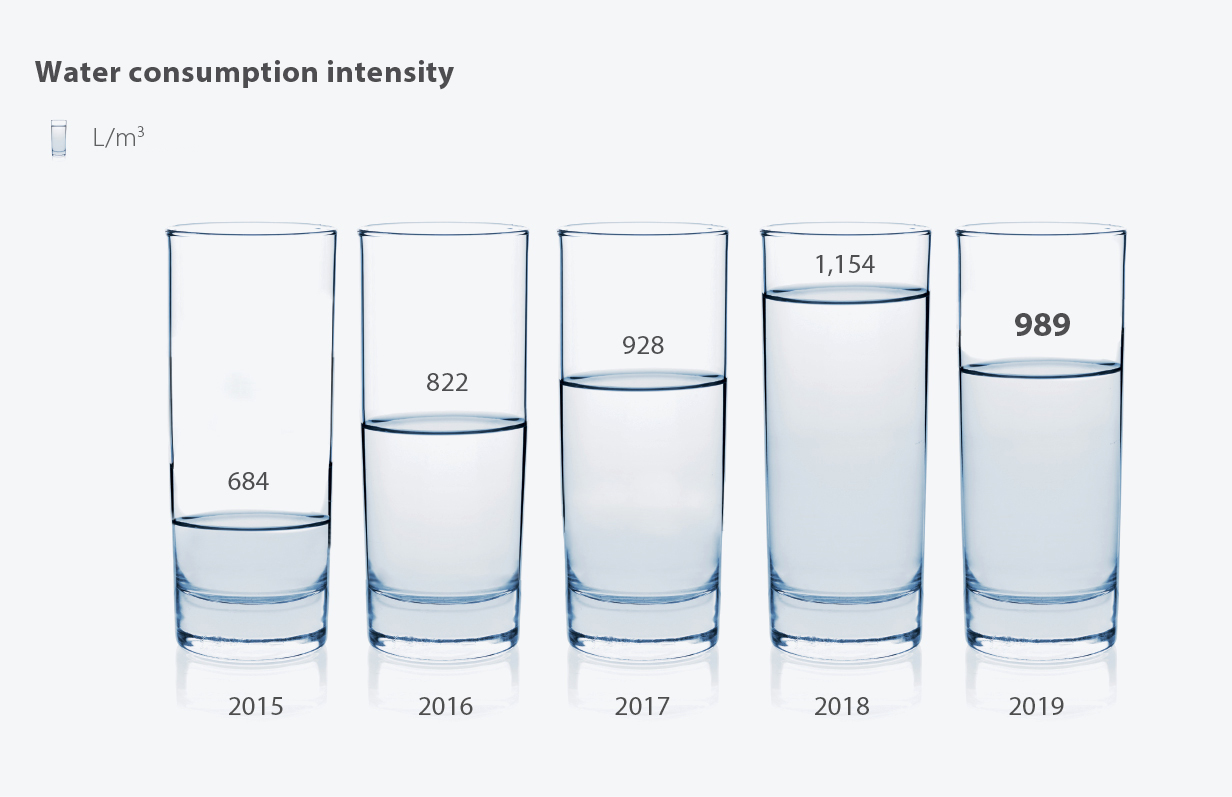



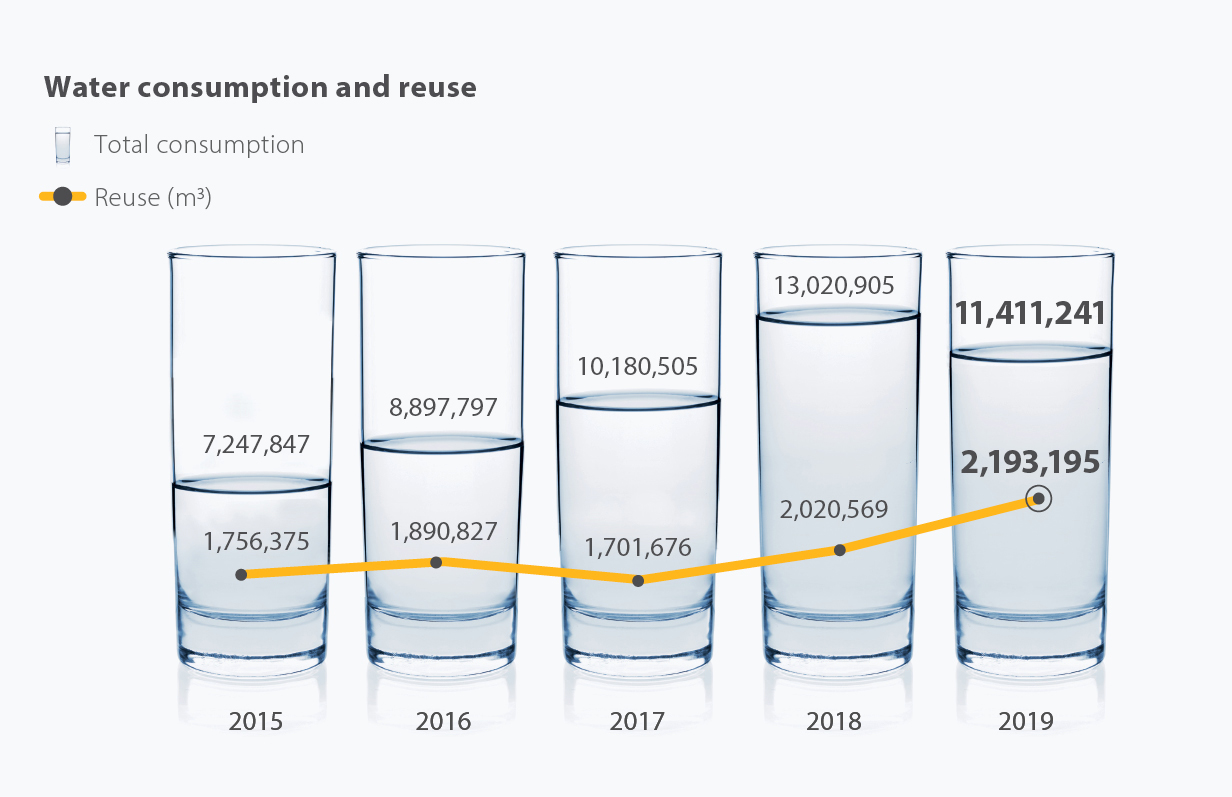
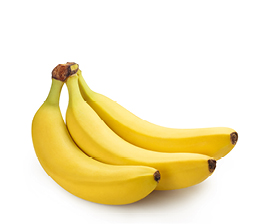
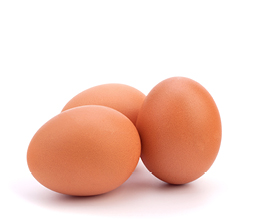
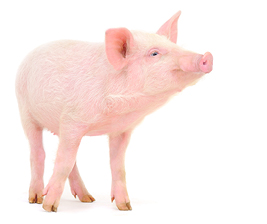
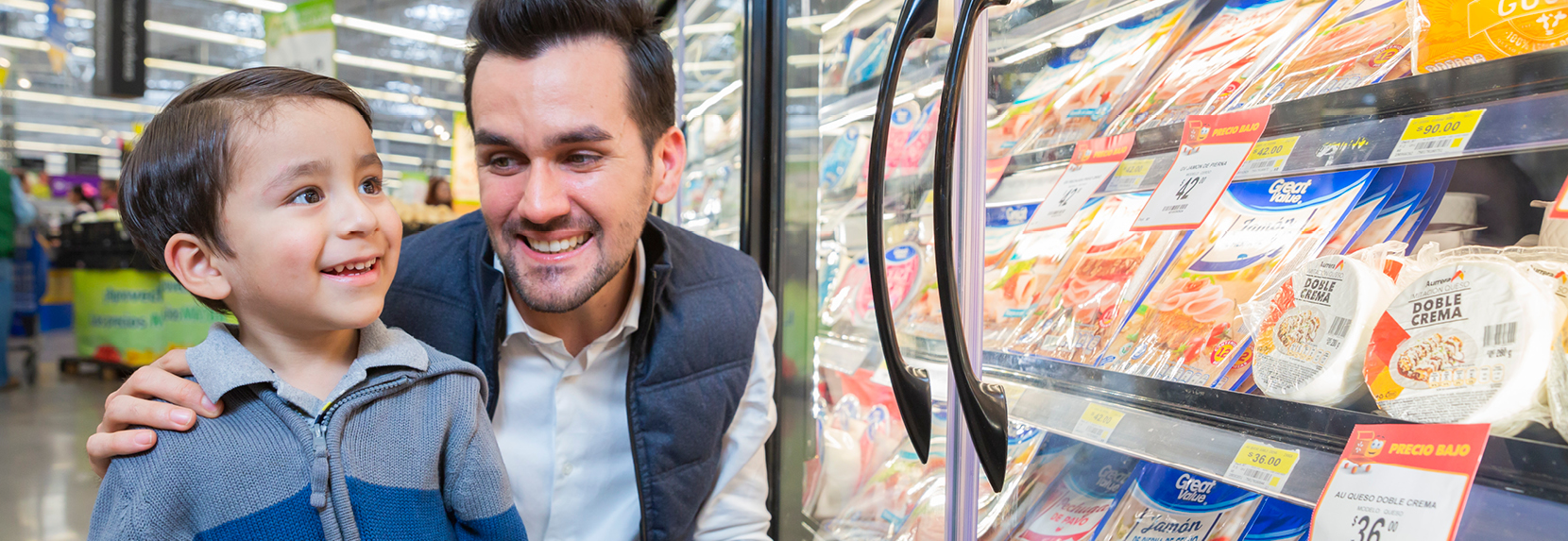
Paper and pulp

Palm oil

Fresh and frozen seafood

Canned tuna

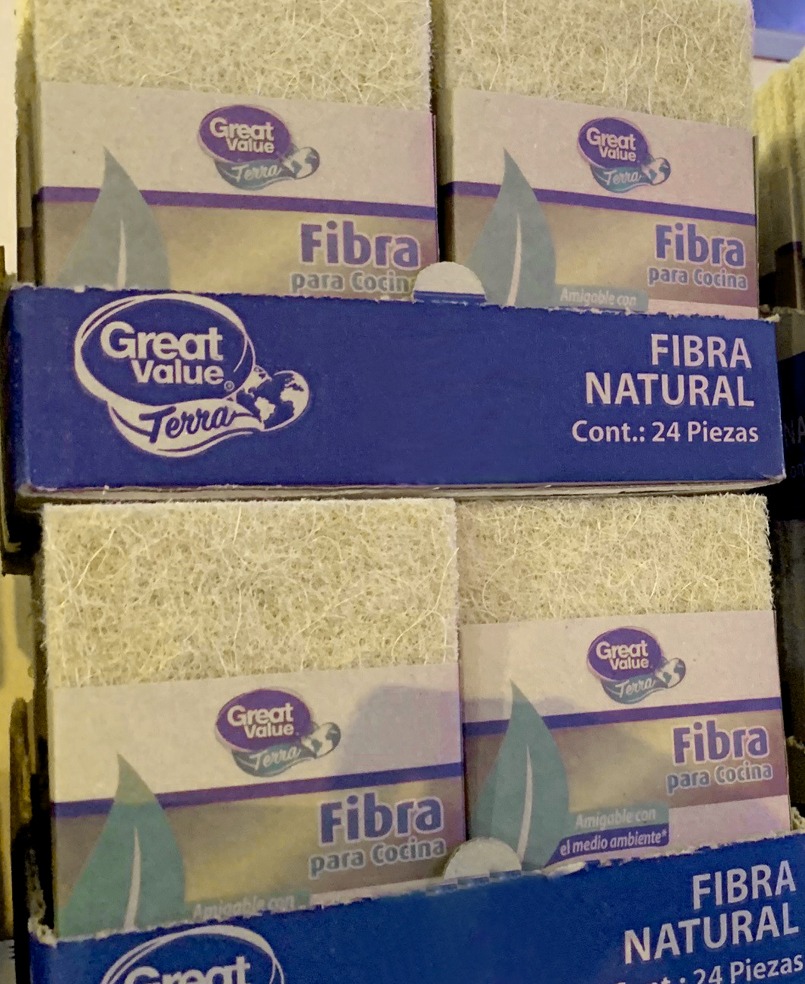
The number of products decreased compared to last year, as we did not count the products with oxo-biodegradability characteristics, because there was no conclusive evidence of their biodegradability.
